Even as we spend these days and weeks alone and at a distance, the world, in many ways, has never been closer. For the first time in human history, our entire planet faces a common threat, and more importantly, we are working together as a species to address and ameliorate it.
No one alive today has ever endured a crisis quite like the covid-19 coronavirus, and we could all use a little help to get through it. Help could come in the form of many things, from long hikes and cheap red wine to jumbo-sized jigsaw puzzles and Alfred Hitchcock marathons.
A once in a life time opportunity
But those are ordinary coping devices, and this is an extraordinary conundrum, physically, emotionally and financially. At the same time, the whole world is on hold, and there has never been a better time to stop, detach ourselves from the economic cycles, and spend a little time looking inward. What we have here is an opportunity for spiritual development like never before.
It is only an opportunity however, and it’s up to us to make the most of it. We have from now until the powers-that-be hit the restart button, to focus our minds and manifest our best intentions for the next chapter, both for ourselves and for the world at large.
Scrambling and panicking to deal with this deadly pandemic, the kaleidoscope of emotions can be daunting. Within a matter of minutes you could experience everything from fear and loneliness to hope and confusion. And as the weeks continue, the feelings will probably only grow more intense.
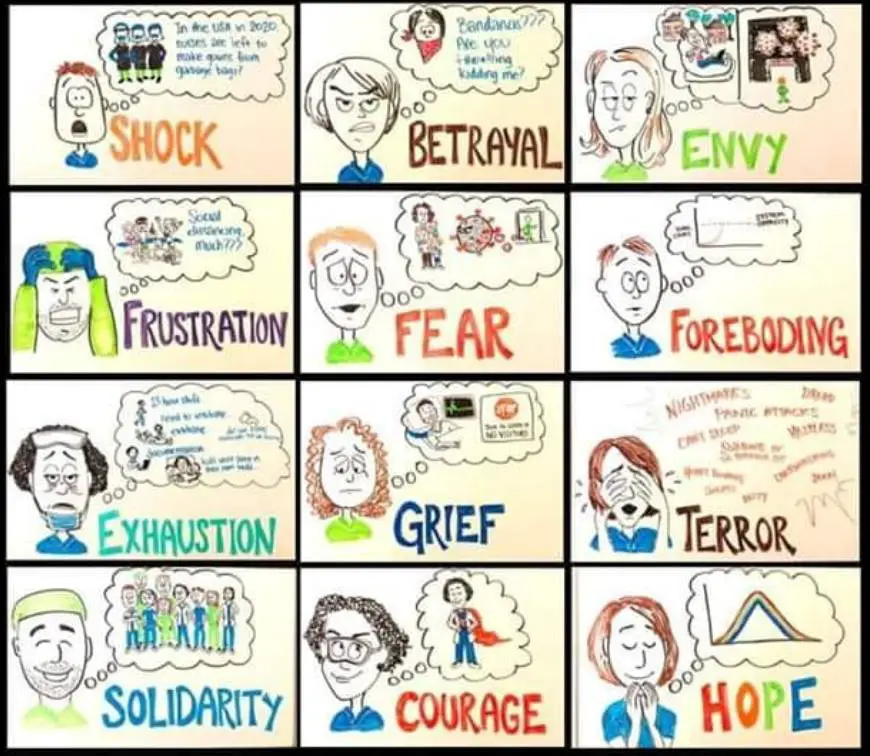
Some people I’ve talked to speak of police states and mind control. Others are just scared to death of stepping outside the house, touching a surface, or inhaling a dangling particle of atmospheric mucous. But as a sensitive Cancerian and a highly functioning introvert (INFP, to be precise), I see a wide open window for introspection.
Inquire within: Reshaping ourselves
Meditation is not a goal oriented endeavor; it’s a process. People are always saying things like, “I can’t do,” or “My mind is too busy, ” or “I’m a competitive type A personality and meditation’s not for me.”
But the point of meditation isn’t necessarily to “do it.” The point is to stop what you’re doing, for 30 or 20 or 5 minutes, and become aware of what is preventing you from doing it. In other words, as I have heard it said, “the task that hinders your task is your task.”
People think of meditation is quieting the mind, or even silencing the mind. Perhaps a lifelong Buddhist monk high a mountain top can do that, but it certainly should not be the goal of a novice. On the contrary, the purpose of mindfulness meditation is simply to bear witness—to hold space, if you will—for the thoughts and patterns that persist inside your mind.
Those thoughts could include “Why can’t I do this?”, “What are we doing afterwards?”, “How long till my next vacation?”, or even, “What would Jesus do?” And again, we aren’t trying to make these thoughts go away. We just want to recognize them, acknowledge them, and let them go.
And letting them go doesn’t mean they won’t come back. It just helps to keep them from gnawing away at us. And if you name it, you can tame it. Once you identify your planning voice, your worrying voice, your harsh inner critic, your grasping ego, and the full cast of characters who occupy your mind, you might start living with a little more patience, equanimity, and awareness.
The loving kindness meditation is another one that I’ve been working with this month to help get through the stress, isolation and uncertainty. Following the teachings of Jack Kornfield, this is an easy, useful practice for beginners. It’s something you can do virtually anywhere at anytime throughout the day, whether seated at your desk at work, waiting in line to get into the grocery store, or lying in bed getting ready to go to sleep.
Again, you can start by simply taking a time out from the business of the day, and taking a few deep breaths. Then focus your thoughts on a person in your life, and concentrate on sending them love and wishing them happiness, success and satisfaction in every aspect of their life. Do this for a few moments for anyone you know. Make a habit of doing it a few times a day and see how it nourishes your soul.
It’s easiest to send love to your immediate family, but you can also try sending love to any number of friends, acquaintances and co-workers. Definitely remember to send your love to those patients who have succumbed to the virus, and to the health care workers and first responders who are fighting it head on. And if you’re feeling truly magnanimous, you can try directing a little loving kindness to the President of the United States.
You may remember an experiment performed by a group of Buddhist monks and a few thousand practitioners in Washington, D.C., in the summer of 1993. Over several weeks of collective meditation, focussed on loving kindness, the silent sitters were actually able to reduce the crime rate in the capital city by a significant measure.
And now we have the perfect time to apply that same principle on a global scale. What I initially turned to as a means of coping and survival, during this unprecedented crisis, I’ve now come to recognize as a tool for effecting positive change, both inwardly and outwardly.
Look ahead: Reshaping our world
The inner work is paramount. But outwardly, I see is a unique opportunity to play an active role in shaping the next phase of human history. Most of us could already tell that the modern system was unsustainable. The current crisis is merely exposing the many cracks of the foundation and bringing them into high resolution.
Now is a chance to re-examine our values, to reconsider the work-life balance, and to take a good, hard look at the immense potential of modern technology.
Literally overnight, enormous segments of the world’s population began working from home, or else lost their jobs altogether, and became intimately acquainted with Zoom conferencing. Robots, automation and AI have been replacing humans in the service industry and the manual labor force for years. But now we have reached the tipping point, and it’s time to complete the shift.
The first fleets of driverless trucks are already hitting the highways. And with that, two or three million truck drivers will soon be out of work. We could panic, or we could embrace a future that does not depend on providing every human adult with 40 hours of busy work a week.
If their jobs can be done faster, better and cheaper by a robot, then why not let a few million people stay home and spend time bonding with their families and pursuing their passions? So rather than focusing our attention on the possibility of some dystopian police state, or how to make the economy great again, how about we concentrate on thinning out the workforce and building a better society based on something richer than gratuitous consumerism?
For too long, our society has been loving things and using people, as the Dalai Lama has observed. And if there was ever a time to get back to loving people and using things, this is it.
To anyone who’s spent a portion of the last few decades complaining about economic inequality, consumer culture or environmental degradation, this is the time to envision the positive transformation you’ve been waiting for. Time to act with intention and focus our minds on love and kindness, justice and cooperation. The world is finally working as one, all we need now is a leader.
Related reading
For additional morsels of Eastern oriented wisdom and mindfulness, take a look at some of our other popular articles:
- Bamboo Symbolism in Mythology and Folklore
- Meditations on the Mandala
- Glorious Ganesh
- Ten Thousand Things of Taoism
- Devotional Thangka Painting of Tibetan Buddhism
PHOTO CREDIT: Meditation corner at Bambu Batu, San Luis Obispo

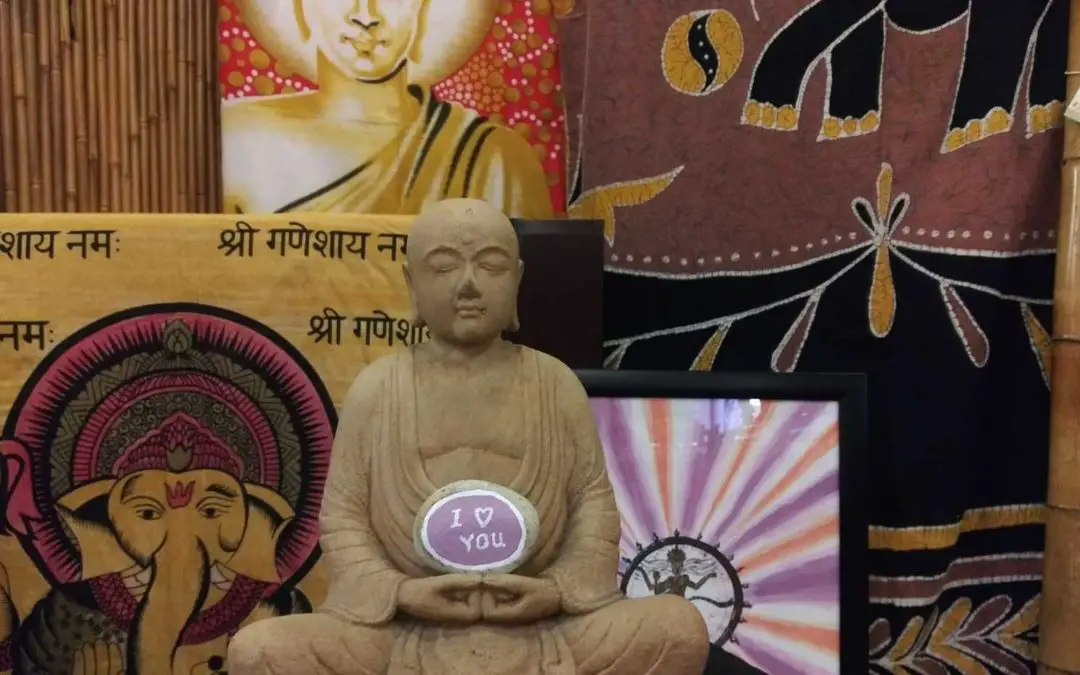
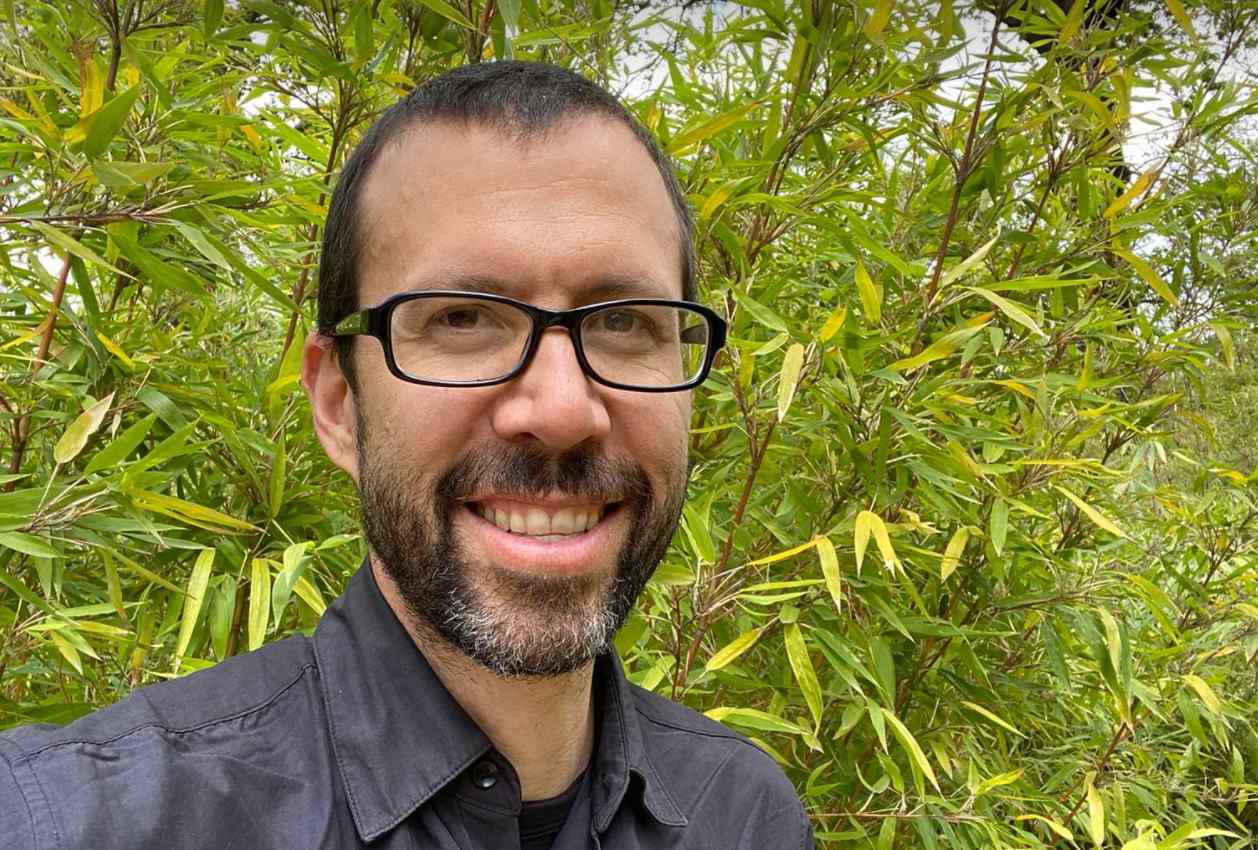

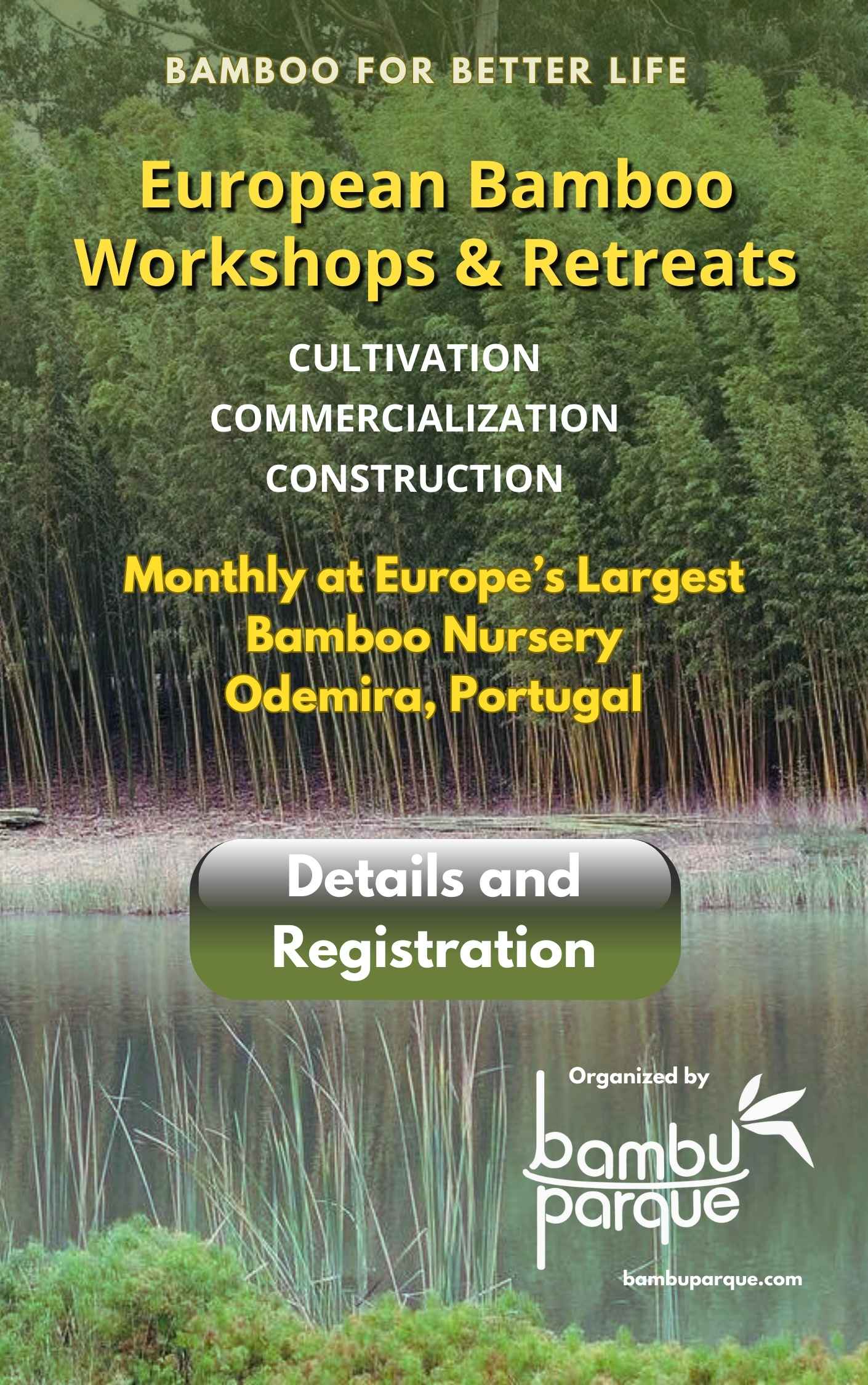

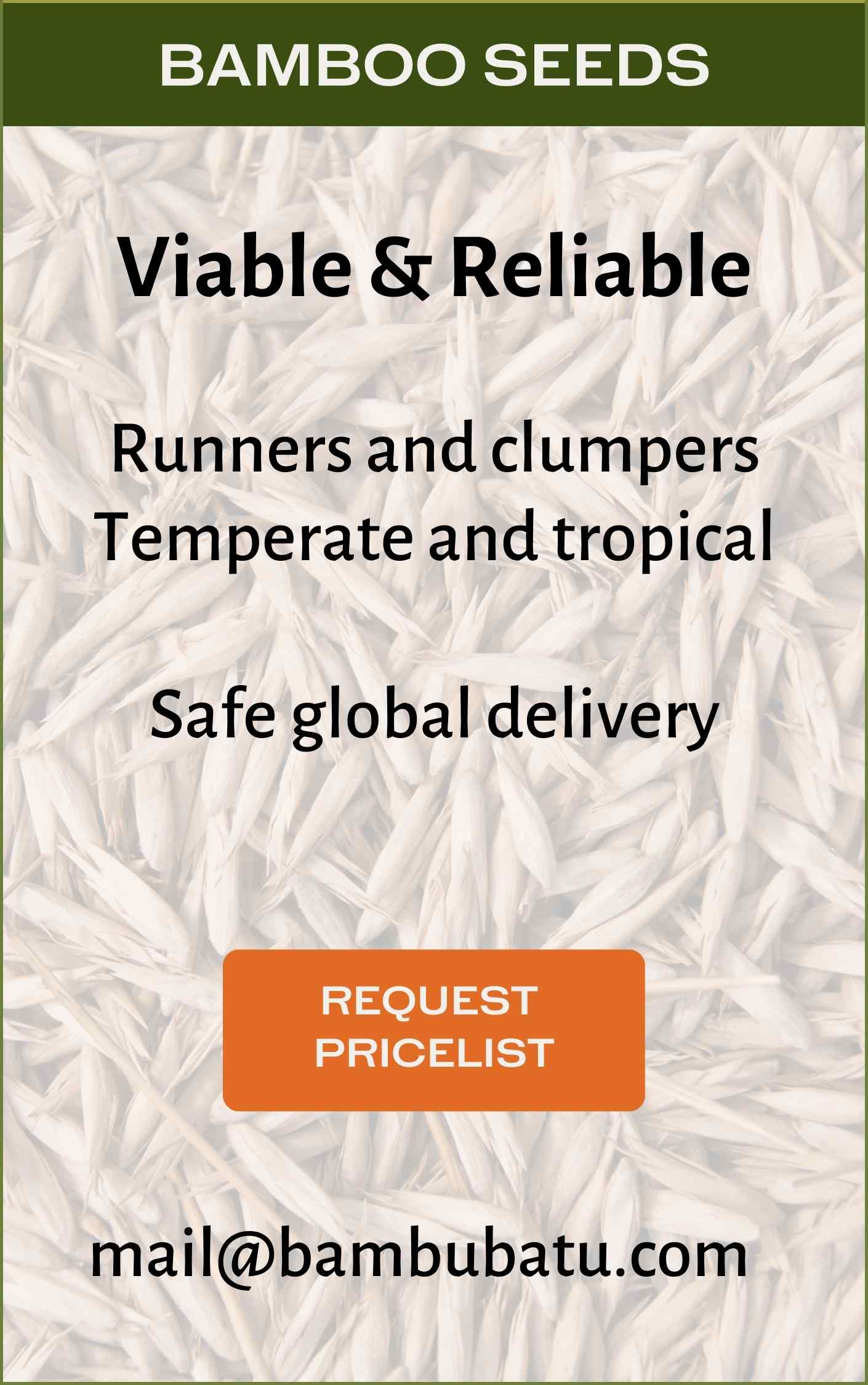


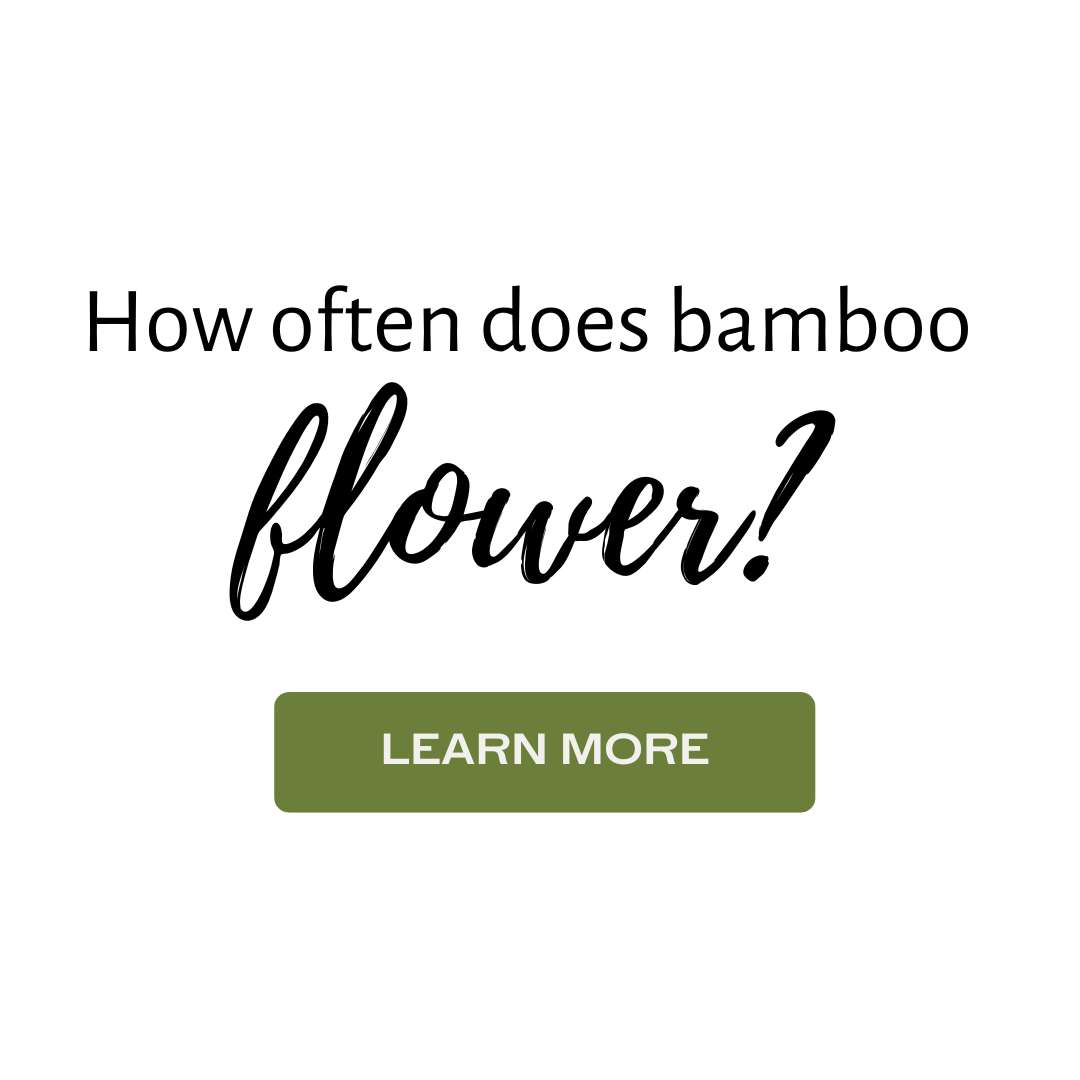



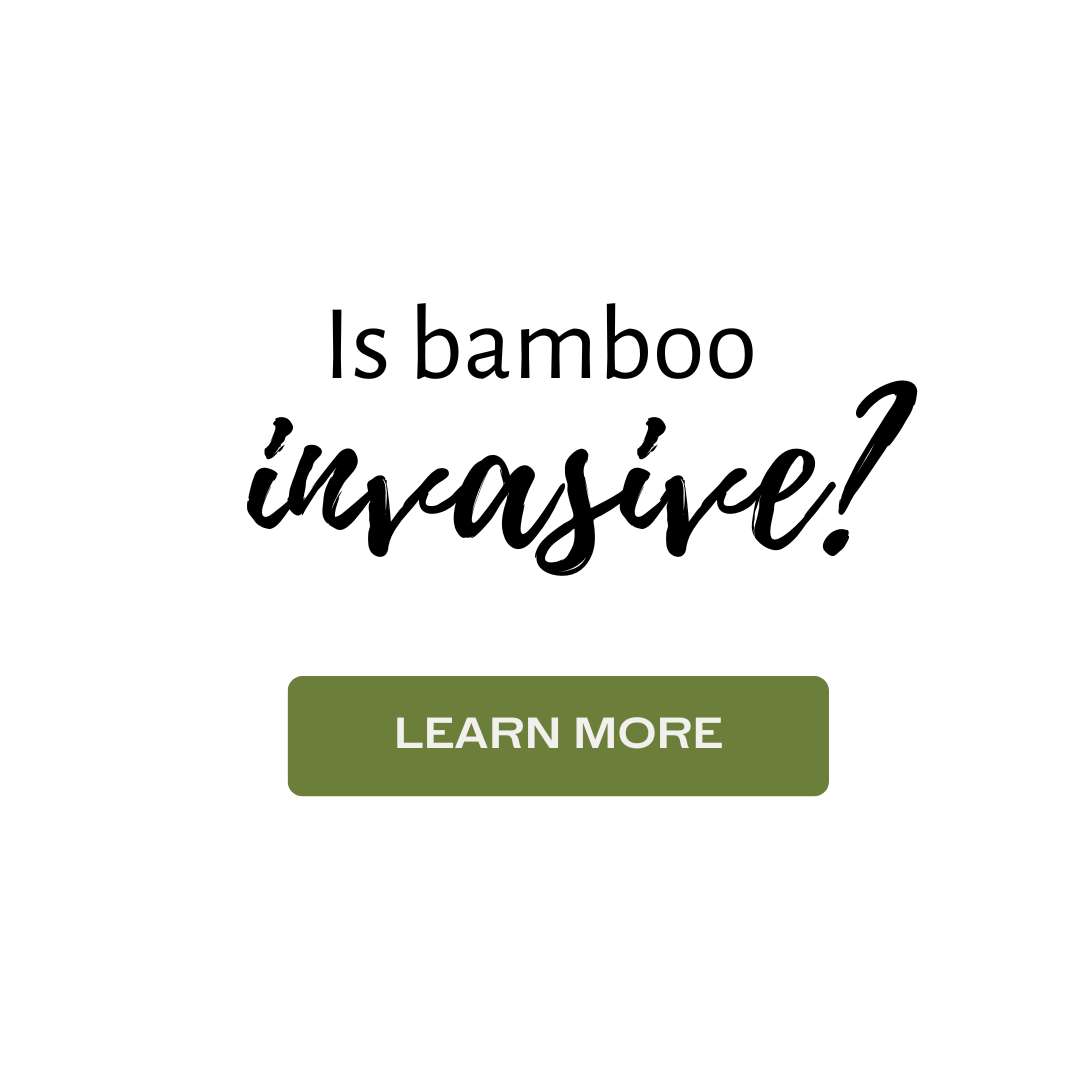


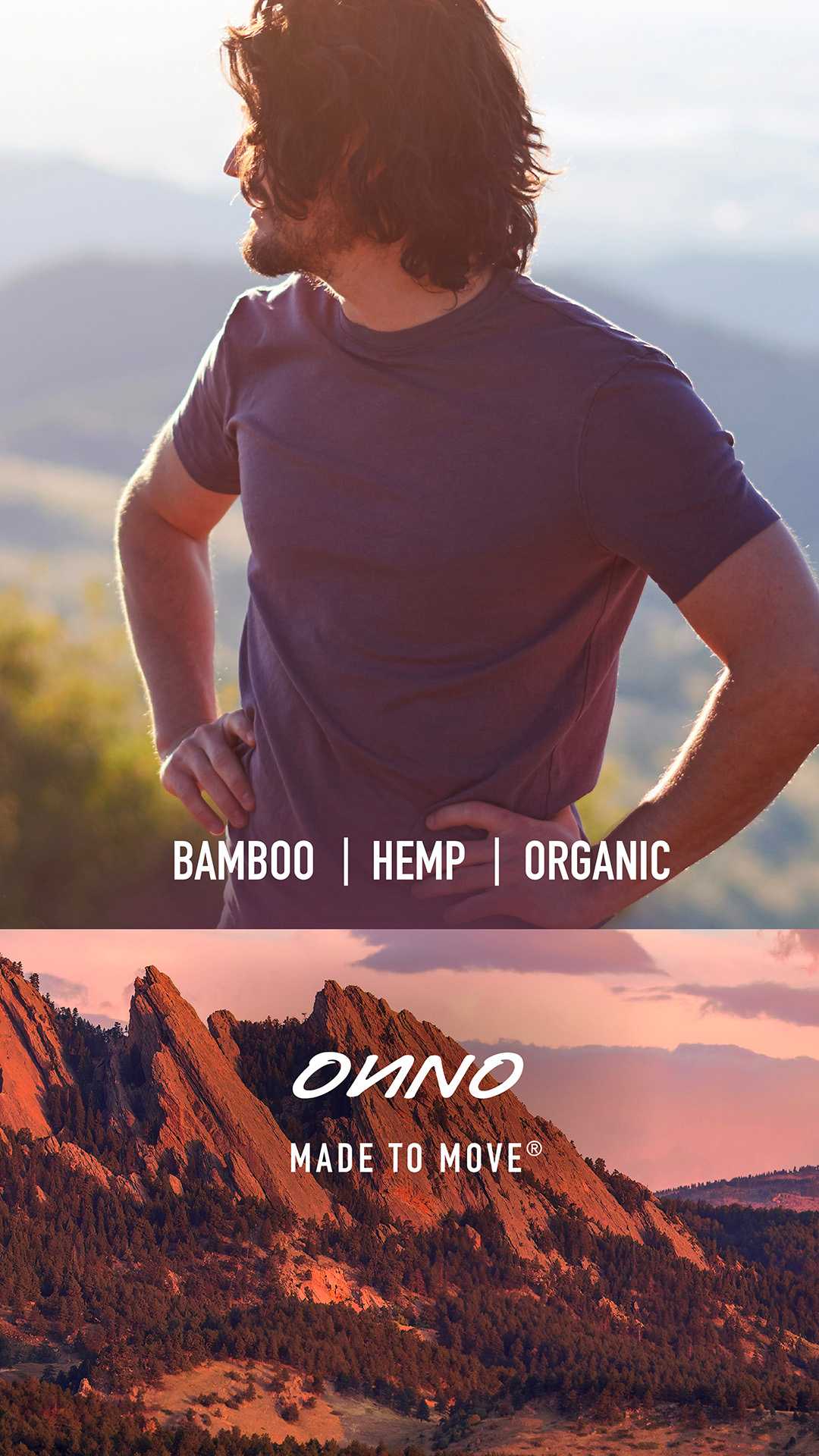


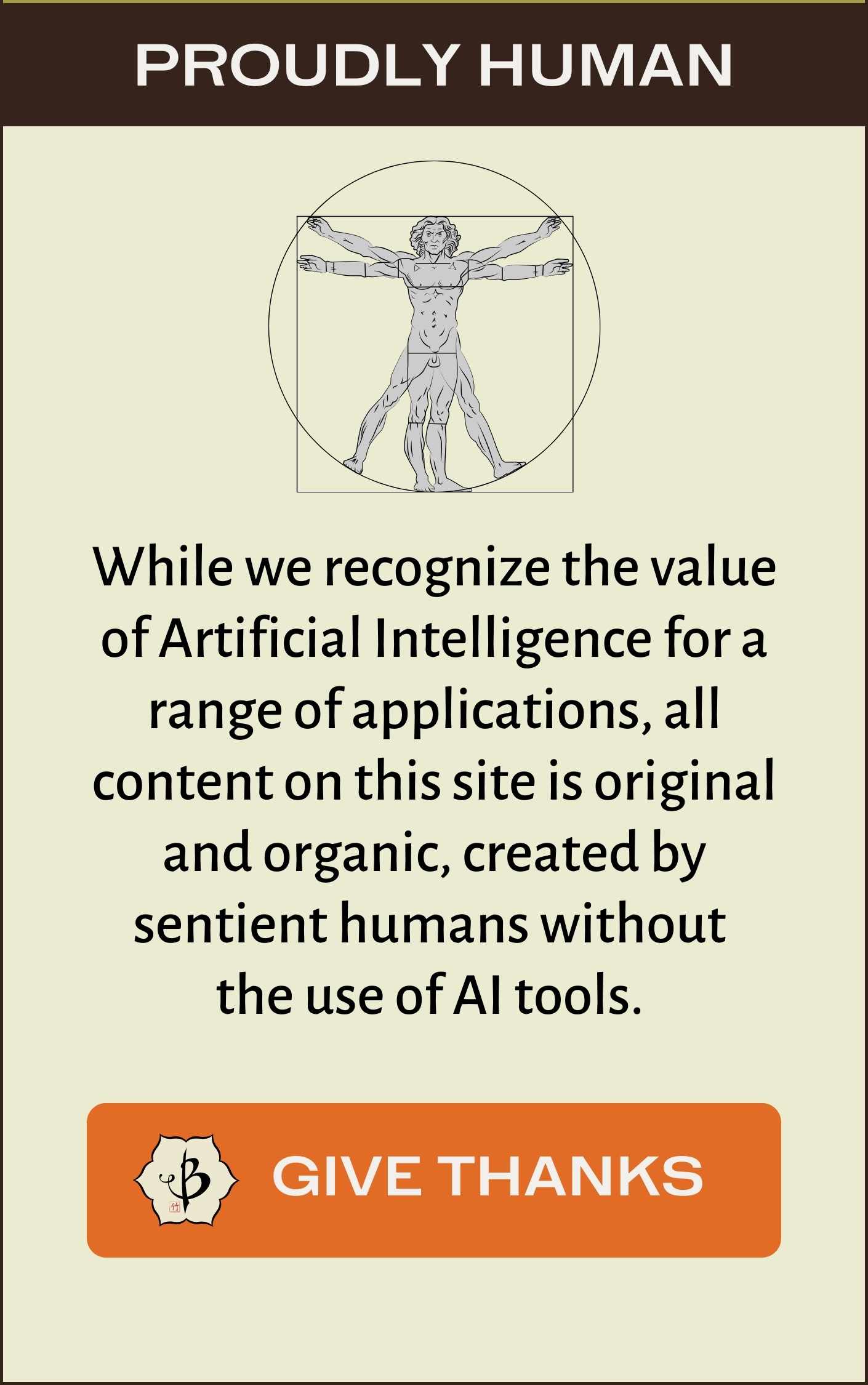
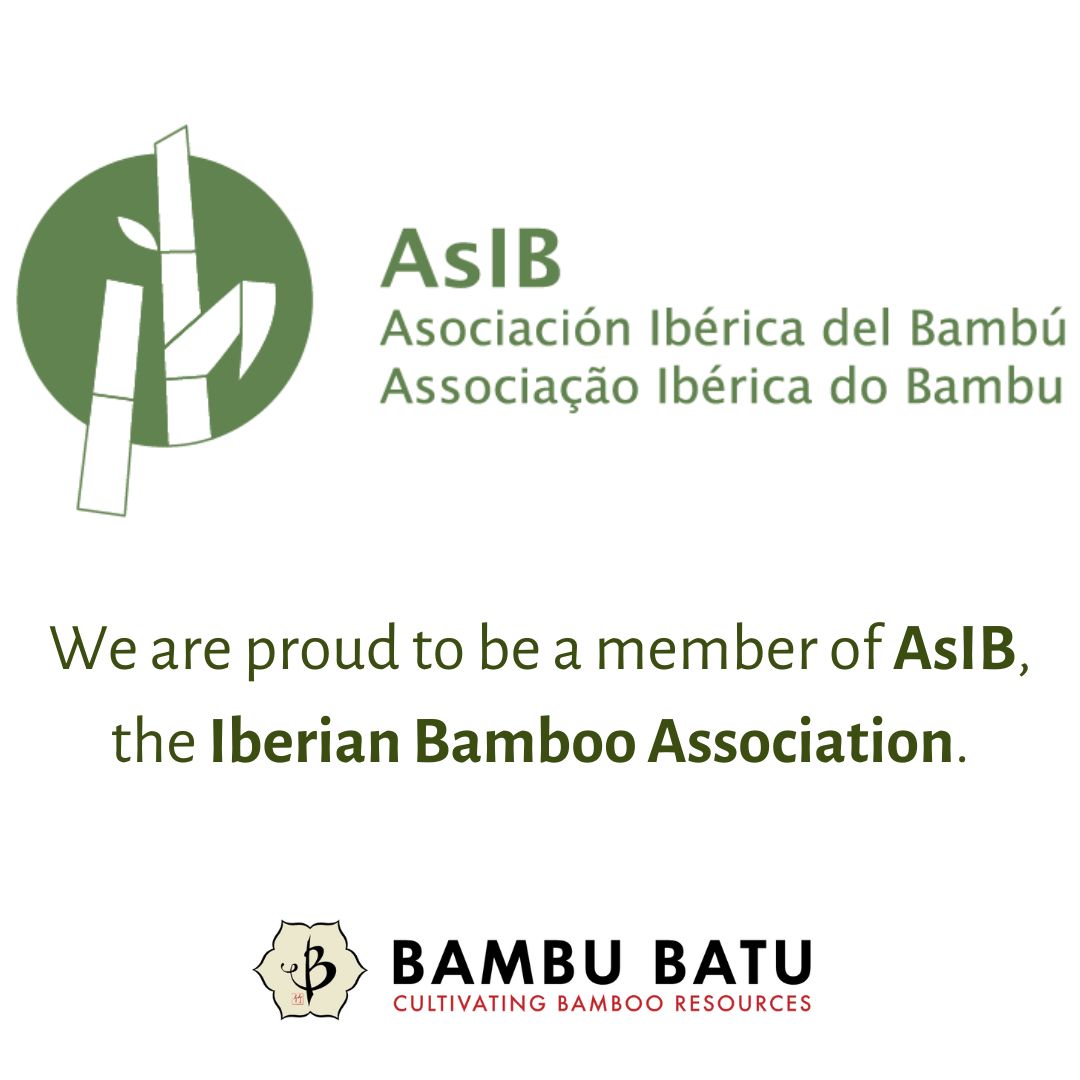
Love this! Thank you for sharing your thoughts. I always like to read your “homilies “.
Thank you, Charmane. Stay strong like bamboo!
Beautiful, rich and insightfully relevant. Thank you!
Thank you, Susan. Glad you enjoyed it!